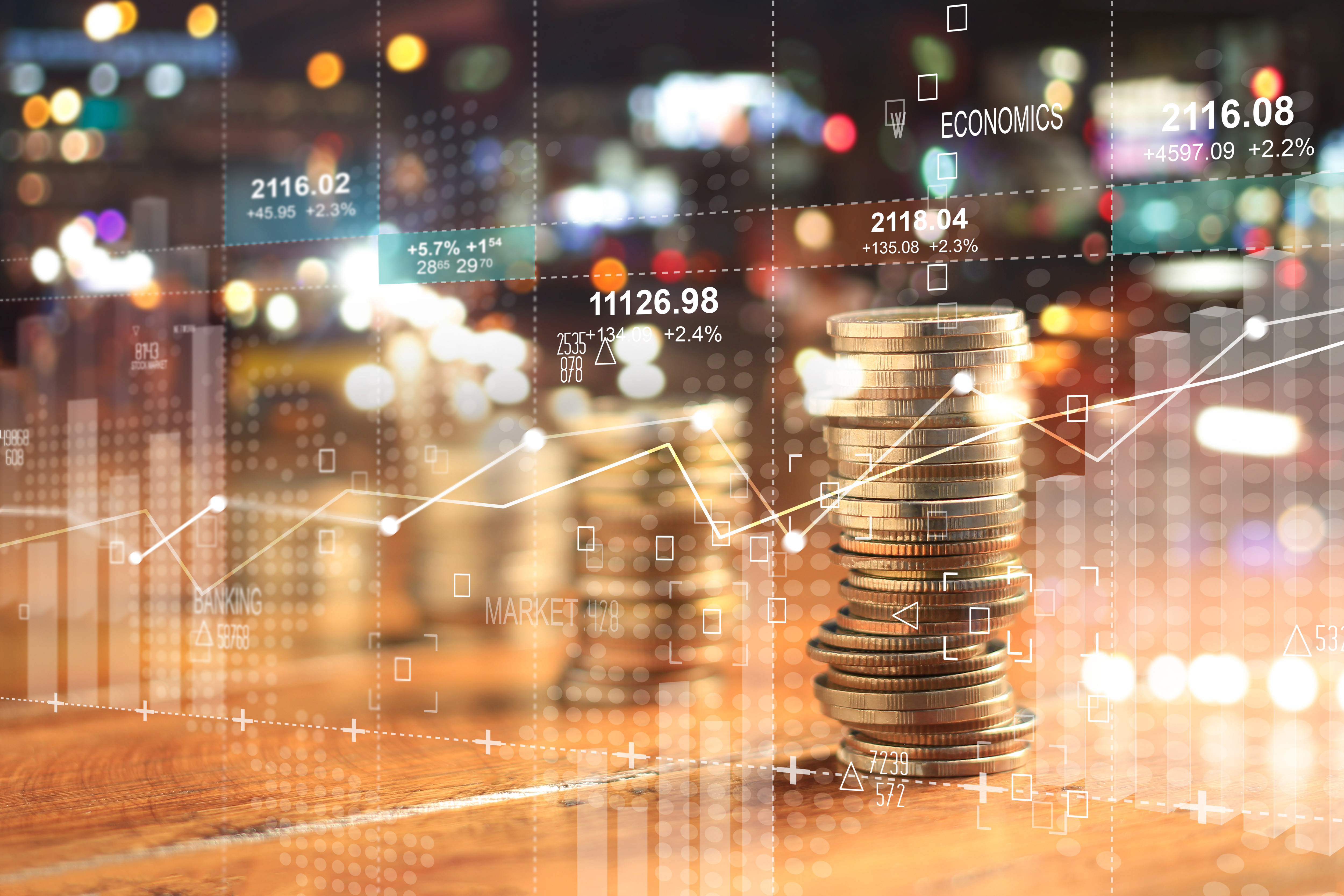
Drone laws: changing regulatory emphasis
August 1, 2019
Insurance Market Update August 2019
August 12, 2019Part one of this two-part series introduced why reputational risk should be a part of all institutions’ top 10 strategic risks. Public perception is more important than ever, with a shrinking pool of available funding and ever-increasing competition for students. Part one looked at the lessons we can learn from the example of Boeing, which survived a reputational disaster and seemingly reached even greater success soon after. Part two will explore another example, that of Facebook, and what key takeaways we can apply to our own reputation management.
We noted in the first part of this series how higher education and research institutions are particularly exposed to reputation risk, as well as some of the ways that it can manifest for them. And, we noted, like any professional discipline, risk management can learn from the mistakes of others and past failures. So what can we learn from Facebook’s issues?
The Facebook Example
There are few companies in history that have received as much constant, relentless, adverse publicity as Facebook. It seems only a few days can pass before the media is running another exposé on the transgressions of Facebook. The adverse publicity keeps coming – but strangely, there appears to be little, if any reputational damage as a result.
A partial list of recent Facebook transgressions would include:
- Privacy breaches and misuse of personal information of its users/customers
- Undermining the democratic process through selling personal information of users to political campaigns
- Avoiding taxes through changes in corporate domiciles
- Intentionally addicting their clients to their products to increase attractiveness to advertisers
- Holding political institutions in arrogant contempt when asked to testify at hearings
While this quick list may look like typical charges brought against the leader of a drug cartel, and seemingly elevates the term “reputation risk” to stratospheric levels, the impact on Facebook appears minimal.
The Oxford Metrica method of using shareprice to measure reputation reported that Facebook did suffer a 25% drop in share price in late 2018, when most of the controversies, Congressional hearings, and rabid bad publicity were taking place. The share price dropped from a 2018 high of USD$217 to USD$124 – however, the dip was very short-lived and within a few months it was trading again at USD$194.
On one hand, we could say that it was penalised billions of dollars in net worth as a result of the bad publicity, however, it recovered very quickly and Facebook is still a darling of Wall Street.
If this is financial stakeholder punishment, it is more like a slap on the wrist.
Examining another reputational indicator, we can look at Facebook user rates. The data here is even less punitive: as of March 2019, Facebook user numbers reached its all-time high of 2.38 billion active monthly users. That’s an 8% increase over the preceding, scandal-plagued year. The data also indicates that the average user is now spending 20 minutes on Facebook, during which time users are aware that their data is being collected and shared with advertisers.
There is little overt indication that 18 months (and counting) of damning information about the company has had any adverse impact on its business model or operations. That is not to say that it simply batons down the hatches and weathers the storms: Facebook’s management is very much aware that its unregulated game may be just about over, and that while users do not appear to be put off by the adverse publicity, politicians are certainly reacting and there will be changes in how such an entity is regulated in the future.
Of course, this Teflon treatment runs contrary to every risk professional’s concept of reputation risk and its impact, and therefore serves as an interesting lesson in corporate survival and stakeholder relations.
Lessons from Facebook
1. Too Big to Fail. By all indications, global financial institutions, even though they smell smoke and see fire, are still supporting Facebook, boosting its value and allowing business to proceed as usual. This is somewhat unique, as a sudden loss of financial support is a leading cause of corporate collapse following a major reputational scandal. They do not like being associated with a pariah. This case is different, perhaps for two reasons. Firstly, the nature of the ongoing controversy is not based in financial issues, other than ongoing, global tax issues. Facebook’s financials are pretty solid and stable, and there are no unusual issues with their financial practices.
Secondly, the global financial markets may feel they have too large a stake in Facebook, and do not want to react in a way that adversely affects their significant portfolio investments. Better to ride out the storm, take a minor hit for a few months, hold the shares, and keep investing in an entity which regularly gives double digit returns.
- Lesson for the Sector: Create the view that the cost of abandoning you in a crisis is greater than the cost of supporting you. Can your institution be positioned in a way where the cost of disengaging support is too high?
2. The people have spoken. While financial stakeholders are important, actual users/customers hold the largest votes. Once user support is lost due to a reputational incident, it is extremely difficult, if not impossible, to recover. A loss of customer base requires increased financial support which may not be forthcoming in an environment of bad publicity.
This logic does not apply to Facebook: everyone knows that Facebook vacuums up information about each user to on-sell to advertisers, researchers, or politicians, and most users would also be aware that this is accomplished by making their services as addictive as possible – but Facebook offers its services for free and has a mission statement which is designed to build communities. The billions of “eyes-wide-open users” are willing to accept Facebook’s inherent contract that they will provide free services, but users must give them personal information in return.
If a government or a perceived evil corporation did this, it would not be supported by the masses, but might be actually outlawed on the basis of privacy violations. The adverse publicity which, in effect, states the obvious about Facebook’s activities does not bother most users.
- Lesson for the Sector: An individual student is a minor stakeholder, but altogether an institution’s current students and past alumni constitute a significant group. Such large groups of people, who regard your institution and their education experience as valuable, can be a powerful force to counteract a reputational hit. Working hard to ensure your past and current students will support you due to emotional investment, can help mitigate significant reputational loss.
The Big Lessons in Reputation Risk for a University
Looking at reputational loss survivors can be as useful to the risk professional as examining the failures and collapsed entities.
Higher education and research institutions are not unlike large corporations, even though we are often tempted to think differently. Higher education institutions may not have traditional metrics such as investors and share prices, but they are relatively large in scale, compared to other entities. They cast large shadows in their communities, and they each have a large stakeholder group, which can help mould public perception. Like large corporations, they are relatively significant players in the financial sector and are noteworthy debtors as a result of capital works. The financial sector willingly invests in universities.
It’s only in the expression of success-criteria for our sector where we may be radically different from either Boeing or Facebook. Looking at the examples discussed, reputational risk mitigation lessons from successful companies may include:
- Think stakeholders vs publicity. In many risk reviews, widespread adverse publicity is often seen as the critical component of reputational risk. However, both the Facebook and Boeing examples illustrate the concept that the media are not the most important stakeholders to address in a reputational crisis. While both organisations engaged their media strategies, aimed at reducing the number of negative stories in circulation, it is evident that regardless of these efforts, both entities were (and are) lambasted and vilified in all forms of popular media. However, both are still highly regarded investments by the global financial sector and remain valued by their customers.
Adverse publicity cannot be easily killed, and may never be completely killed, but the pain comes from the actions of stakeholders, not from the ink of the media. It is unwise to ignore ongoing bad press, but mitigation efforts should prioritise other, more crucial stakeholders. - Make yourself loved by your stakeholders. If any lesson comes out clearly it is that strong emotional attachments are important. Surprisingly, stakeholders will overlook a multitude of sins and forgive quickly if they have an attachment to your institution. While the media may harp on about your failures, it is hard for stakeholders to change opinions about your institution that they have developed over a long time. This is very important, as time spent having your stakeholders “like” you will help mitigate future reputational losses. Their long-term positive impression of you will, for some period, override adverse publicity.
- Show the end of the tunnel as soon as possible. A crisis with no apparent end is harder to forgive. Facebook began to quickly recover share price when it announced USD$3 billion set aside to cover investigation and compensation costs for its numerous transgressions. While it was clear that the amount was far from adequate, it marked Facebook’s envisioned closure of the scandal(s) by setting aside funds to address its impact. This gave the financial markets great security, as it demonstrated provisions for the total financial impact and gave the impression that the firm was moving ahead, not bunkered down. Boeing has done similar things by talking about getting the 737 Max fleet back in the air by December. This demonstrates that it is still in business and the reputational crisis has not diverted it from running a valued organisation.
- Don’t be fooled by the money talk. Some pundits have noted that both Boeing and Facebook lost billions of dollars as a result of the adverse publicity. While this may sound like a lot of money, is it really? How much of these expressed losses were actually on paper, and were recovered quickly? How many cancelled orders will be placed again, once the dust is settled?
It is difficult to measure the actual financial impact of a reputational loss, especially if you are looking at the long term rather than an individual trading quarter. Higher education institutions are set up for the long haul and should not be overly fearful of a single year trading loss. Taking the longer view that promotes better management decision making, rather than decision making under pressure, is a lesson for the sector.
In summary, much can be learned from looking at the “Teflon” companies. Universities, higher education and research institutions are extremely resilient, and many risk professionals ponder what it would take for stakeholders to abandon an institution, such as occurred with Andersen Consulting. The scenarios would be relatively few, but the imagination exercise can be extremely enlightening.
Risk professionals are supposed to help prepare and guide their organisations once risks have manifested. That should not preclude encouraging universities to be valued by stakeholders before the risks occur. Financial administration, student experience, stories of research breakthroughs, and community engagement are all components of reputational risk management, as well as ordinary, day-to-day operational issues. They are seeds to be planted early as they would play a major role in the mitigation of this class of risk. In summary, they would provide a reason for stakeholders to adhere to their institutions and for the risk professional to become more engaged in university operations.
Read part one of this two-part series on reputational risk where we see what lessons can be taken and applied from looking at Boeing and its recent reputational crisis.



